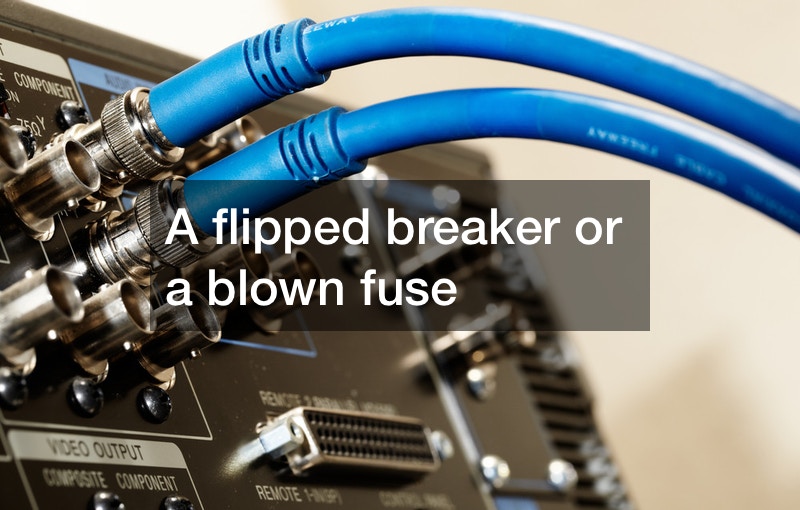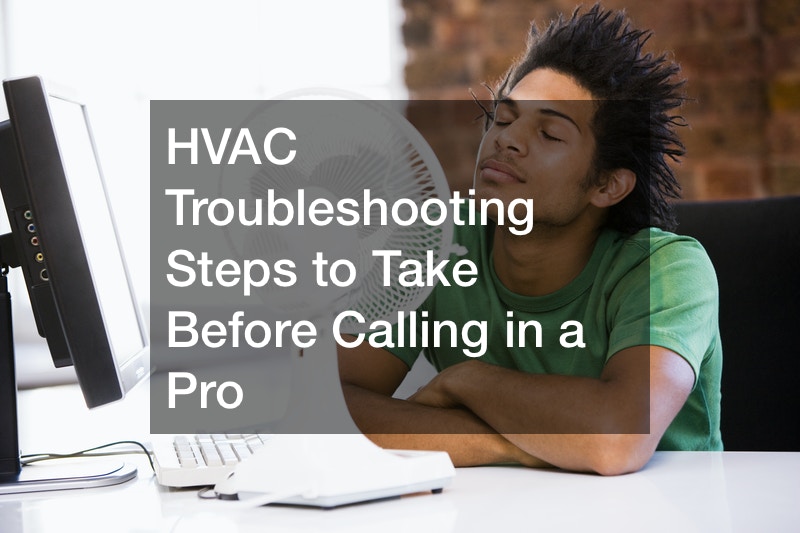
Getting AC maintenance is a good way to make your AC unit last longer. With a maintenance contract for your AC unit, you can get AC calls that are just for maintenance. When the tech arrives, they will know everything about HVAC units. They will be able to find any small problems that are going on inside the unit before those problems get bigger. You may even get a free AC service call with your contract.
You may have wondered, at what conditions are air-conditioning systems rated? There are wet and dry conditions and several different temperature points that are used when they are rating. If your AC unit isn’t working, you need a trained HVAC technician to come out and assess the problem. They will quickly find out what is happening inside the unit and let you know what it’s going to take to get it working again.
When an AC unit is broken, you need to find an HVAC service that can come out quickly. No one wants to wait in an uncomfortable home to get their repairs made. It’s a good idea to find out when a few companies can come out so that you can choose accordingly.
If you are a new house owner or your HVAC system breaks down regularly, it is time to buy a new unit. Buying a heating and air conditioning unit is a big investment that you should take seriously. You need to consider various factors before purchasing a new system. The first consideration is your budget. Shop around and check the prices of an air and water air conditioning unit. However, do not pick on any cheap unit. Cheap may be expensive in the long run. Purchase an affordable system but ensure they are a durable and high-quality brand. You can ask for assistance from a professional.
Another important consideration is the brand. Buy an air conditioner and ventilation system from reputable manufacturers. Check the air conditioner website for the brand’s reviews of previous clients. If possible, get reviews from clients who have the units in their homes or businesses. This will give you a guarantee that you are buying a long-lasting unit.
You should also consider where to get an installation expert before purchasing an HVAC system. An AC unit needs to be designed and customized for your needs, and that is possible if you hire an experienced contractor. A good HVAC installer should also advise you on the best air conditioner vendors in the market.
You know what they say about heating and cooling systems: you can’t live with them and you can’t live without them. Depending on the climate you live in, it is absolutely impossible to get through either the summer without home air conditioning systems or through the winter without a heating system. Most places must have both a working family heating and cooling system; there’s almost no place that needs neither!
The problem is, heating and cooling repairs can cost an arm and a leg. While some heating and cooling services absolutely must be handled by a professional, a few of the most common issues can be fixed by a DIYer with access to a good heating and cooling supply store. We’ve put together a few HVAC repairs that you could do yourself with a single trip to a heating and cooling supply store before calling in a professional who charges by the minute:

-
- A flipped breaker or a blown fuse.
If there is no power going to your air conditioning unit at all, do not fret. This could be the absolute simplest solution! Your air conditioner is the greatest user of energy in your house, which makes it the most prone to overload a circuit. To protect your home from burning down, the circuit is designed to shut down if too much power surges through the air conditioning at a single time.
To reset it, simply open your breaker box and look for the switch that is associated with your HVAC unit. If you have a older home, instead of a breaker switch, you may have to replace a blown fuse. Your local heating and cooling supply store will carry the fuse you need for less than the spare change in your pocket.
- A flipped breaker or a blown fuse.
-
- A clogged filter.
The best way to prevent needing heating and cooling repairs at all is to replace your filter it like clockwork. However, if you have not done this, sometimes switching it out will still fix your problem. If you can hear your compressor trying to work but no air is coming out of the vents, the issue could be that the blower unit is having to work so hard to get air through your clogged filter that it shuts itself off.
Try springing for a new filter (another purchase that will set you back less than a few bucks at you local heating and cooling supply store) and see if that fixes the problem.
To avoid needing repairs at all, being faithful about switching your filter out at the beginning of each season, or more often if you live in a particularly dusty area is a great way to keep your heating and cooling unit chugging along year round. The filter catches all the dirt and debris that would otherwise clog your system and kill your compressor (not to mention catching it so that it doesn’t blowing your face and make you sick). Clean filters contribute to your heating and cooling unit working at its best.
- A clogged filter.
- Give your HVAC unit a good scrub-a-dub.
Sometimes calcium buildup, dirt, and debris prevent your unit from working efficiently. Scrubbing your compressor down is a good way to remove anything that’s causing it to work sluggishly. This is fairly simple, but you should know what you’re doing to prevent causing further damage or hurting yourself:
- CRITICAL: Turn the power to the unit off at the breaker box that we mentioned in point number one.
- Sweep away any large dirt and debris, as well as leaves, sticks, and plants that could be blocking your unit and preventing proper airflow.
- Remove the cover from the unit and gently clean out any dust that has compiled on it.
Using a fin cleaning agent and your hose on the gentlest setting, spray the fins that are on the side of your compressor to allow air to flow through efficiently while blocking larger items. Your fin cleaner can be acquired at a heating and cooling supply store. Make sure to follow the directions on the side of the can precisely, so that you do not do any damage to the compressor in the process.
Do you have any other simple HVAC repair solutions? Please share them with us in the comment section below.

